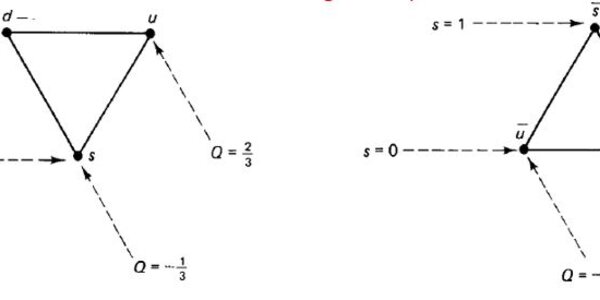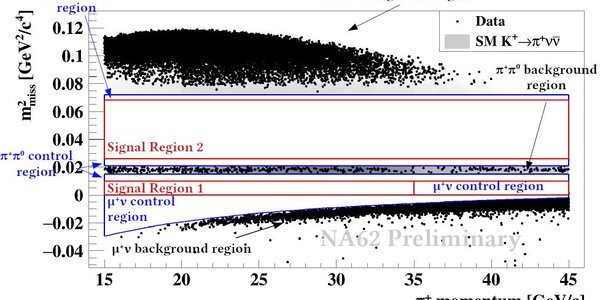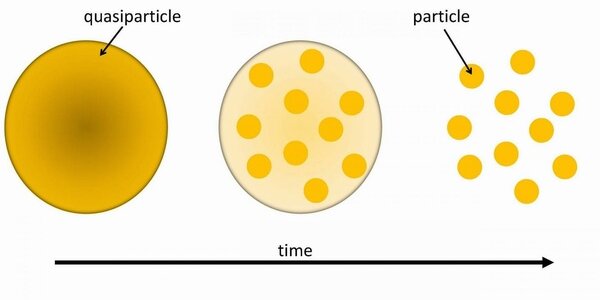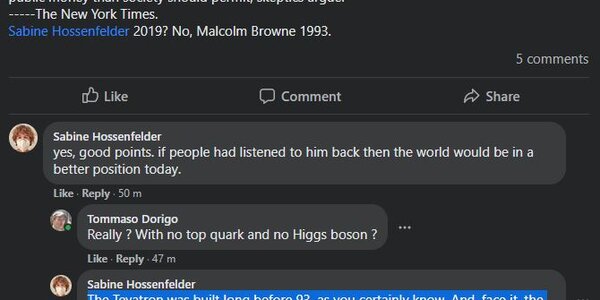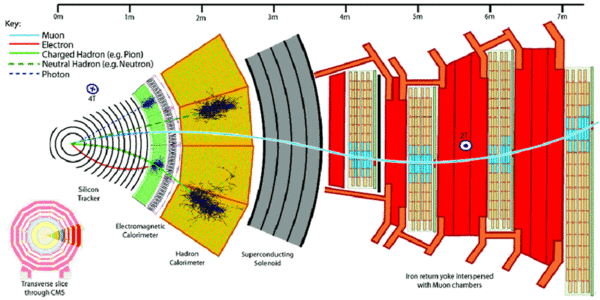Follow A Workshop On Artificial Intelligence - Sunday, November 8th, 8AM - 10AM GMT
Tomorrow - that is, November 8th, at 8AM GMT - I am chairing a session titled "Artificial Intelligence for Physics Research, and Physics Research for Artificial Intelligence" at the Vth USERN Congress. The event takes place in Tehran, and is broadcast via zoom. If you are interested in the talks, of which I give some detail below, you will be able to connect through this link.The agenda of the workshop is as follows (those shown are are Tehran times):
11.30-11.55 Tommaso Dorigo, “Artificial intelligence and fundamental physics research”
12.00-12.25 André David, “How we discovered the Higgs…

